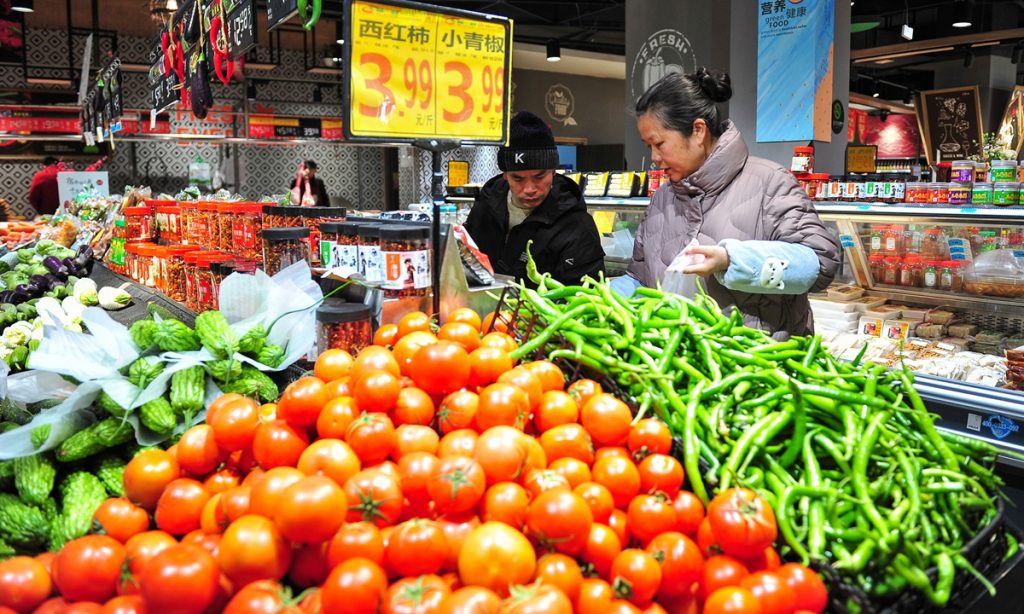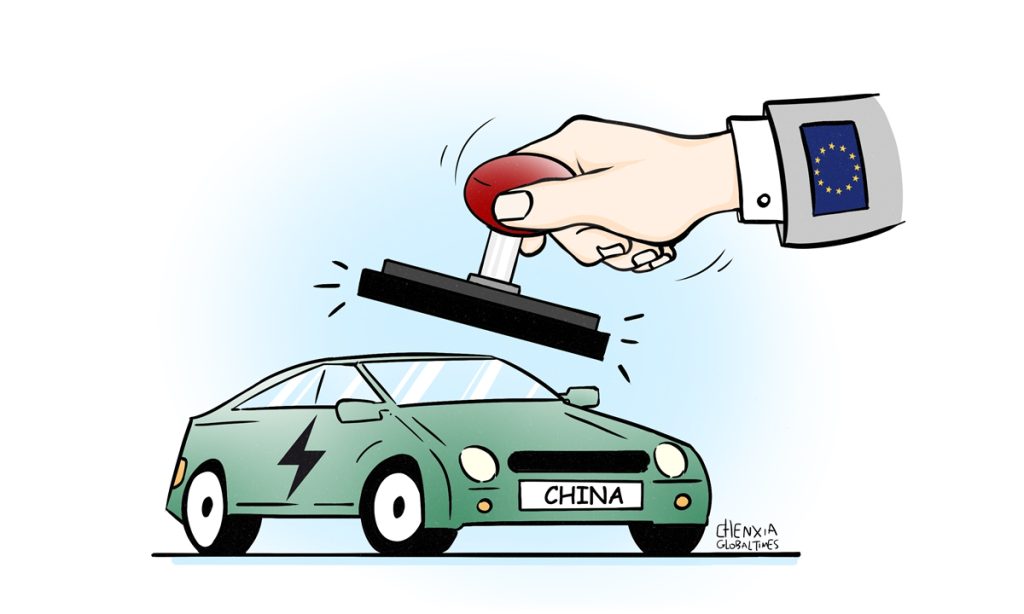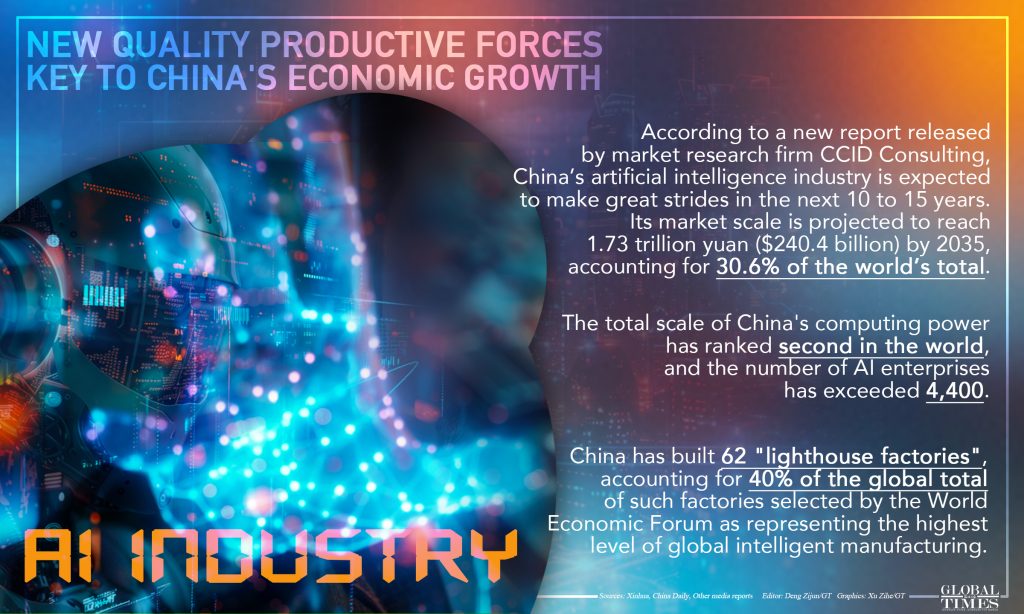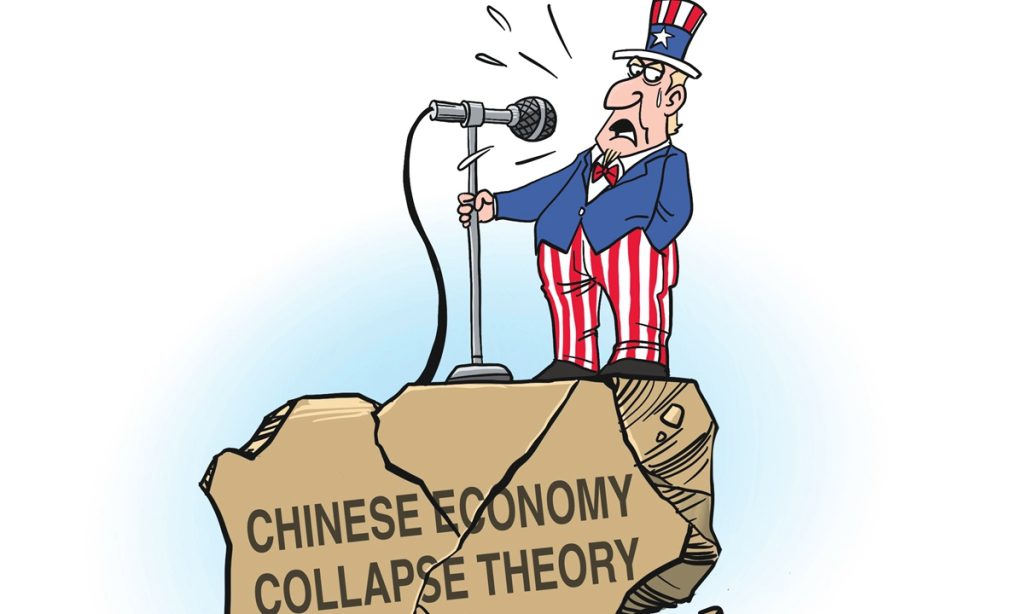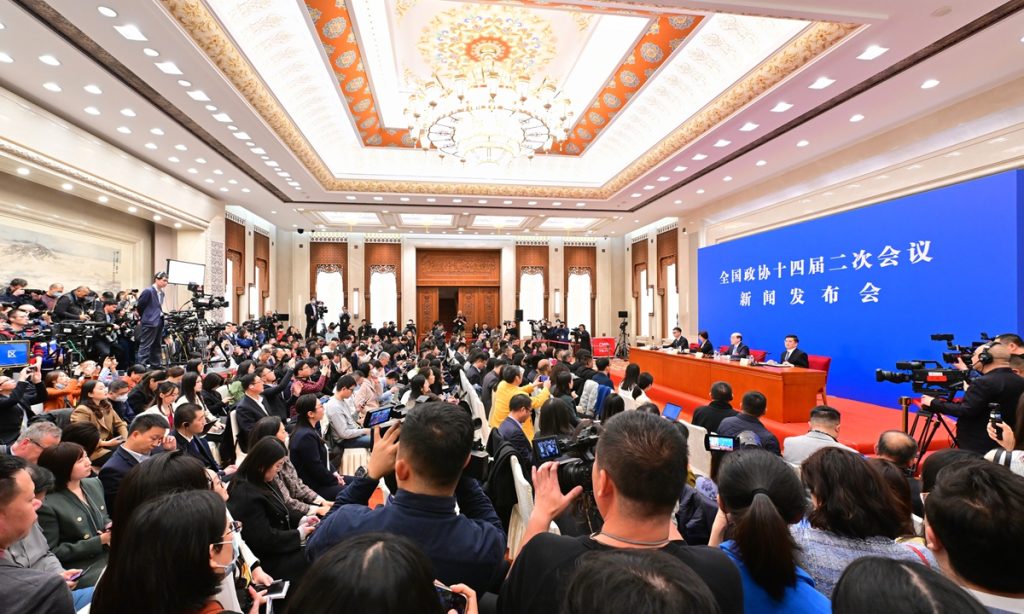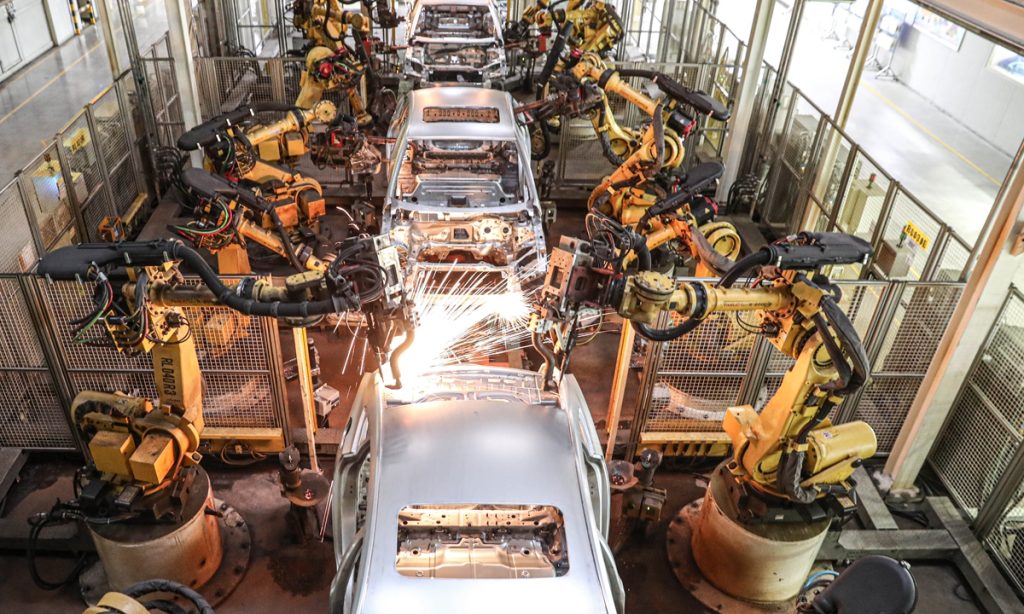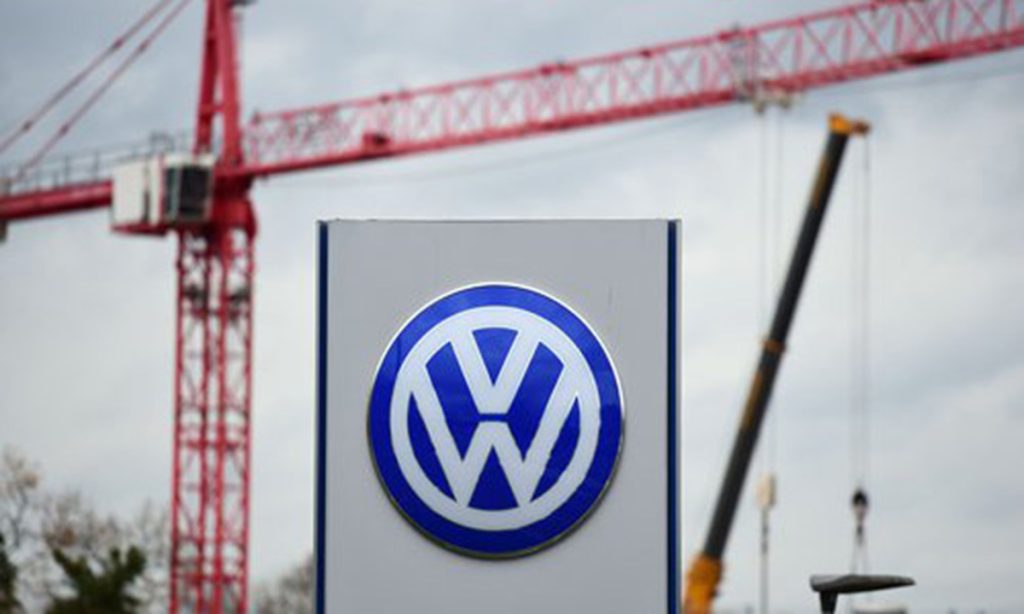Retired senior executive of CDB investigated for severe violations of discipline and law

China's top anti-graft authorities have launched an investigation into Li Jiping, a former vice president of China Development Bank (CDB), for suspected severe violations of disciplines and law. The move marks the latest in a series of efforts by China to tackle corruption in its financial system.
According to a statement released on Wednesday by the Central Commission for Discipline Inspection (CCDI) and the National Supervisory Commission, Li Jiping is currently under disciplinary review and supervision investigation. Li, who started his tenure at CDB in March 1994 and served as vice president from September 2008 to January 2016, is being investigated eight years after his retirement.
Li's investigation follows that of two other former vice presidents of CDB. Wang Yongsheng was probed in July 2023 and arrested on January 11 on suspicion of accepting bribes. Similarly, another CDB vice president, Zhou Qingyu, was investigated in May 2023 and arrested on December 14 for suspected bribery and using influence to accept bribes.
These investigations underscore China's commitment to deepening its fight against corruption across various sectors, with a particular focus on the financial system. A communiqué issued by the CCDI on January 10 highlighted the significance of the anti-corruption campaign within the financial sector.
On February 22, Pan Gongsheng, the governor of the People's Bank of China, the central bank, emphasized the complex and grave situation in the financial sector's fight against corruption. He called for a rigorous investigation into corruption within the financial sector.
The China Development Bank, established in 1994, is a major state-owned financing institution tasked with supporting China's economic growth in crucial industries and underdeveloped areas. With direct oversight from the State Council, CDB boasts total assets of 18.2 trillion yuan ($2.5 trillion) as of the end of 2022 and employs over 10,000 workers. This investigation into one of its former high-ranking officials signifies a continued and serious approach to eradicating corruption in China's financial system.
